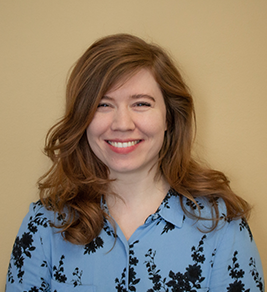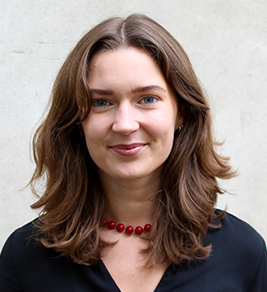More deaths than births – a growing list of regions and countries are hitting this somber milestone. Some populations are only growing because of migrants coming in, but what would it take to get more people to stay and settle?
Fewer young people, women and skilled workers are moving back to the towns they grew up in after moving away. The brain-drain trend is hard to reverse. Resources, local culture and identity is at risk and in some cases turns rural communities into ghost towns.
At this event, we explore which indicators might explain why certain regions are particularly attractive to move to compared to others. We also ask local representatives and regional policy makers how they changed their depopulation story and got skilled migrants to move to rural areas.
Programme
10:00: Introduction: Why rural regions are in trouble
10:05: Regions of concern: Early indicators of population decline
- Becky Arnold, the Netherlands Interdisciplinary Demographic Institute
- Peter Meister-Broekema, Hanze University of Applied Sciences
10:20: What would it take to move back? The curious cases of (return) migration
- Hilal Arslan, Hacettepe University Institute of Population Studies
- Claudius Stroehle, International Institute for Applied Systems Analysis
- Michal Wanke, Krakow University of Economics
10:40: Panel debate: Attractiveness tactics: What policies make a region resilient?
- Moderator: Anne Katrine Ebbesen, Nordregio
- Roger Barres, Regional Development Public Officer, Lleida Provincial Council, Spain
- Roger has a background in political science from Universitat Autònoma de Barcelona and Malmö University and has consulted public institutions and third sector organization in Catalonia and the US.
- Símon Gullaksen, Mayor of Fugloyar Municipality, Faroe Islands
- Símon is also Warehouse Operations Manager of Faroe Ship, as well as Vice Chair of the Administration of Home and Elderly care in the Faroe Islands.
- Alessandra De Renzis, Public Officer at Tuscany Regional Government
- Alessandra works with local development strategies under the Programming and Evaluation of EU Cohesion policy programmes. She is also a PhD candidate in urban studies and regional science at Gran Sasso Since Institute.
- More panellists TBA
11:30: Youth and digital perspectives on mobility
- Hilma Salonen, Senior Research Fellow, Nordregio
- Hilma is a social scientist specialised in sustainability transitions, remote locations and energy politics. She is the project manager of “Early career mobility in the Nordic Region” and has authored several publications about migration drivers among Nordic young professionals.
- Anastasia Panori, Assistant Professor, Aristotle University of Thessaloniki
- Specializing in regional analysis and policy at the School of Spatial Planning and Development at Aristotle University of Thessaloniki, Anastasia has a background in electrical and computer engineering and holds a PhD in regional development. Actively involved in numerous research projects, her research primarily explores the impacts of the twin transition, spatial mobility, and the role of smart environments in fostering urban and regional growth, as well as social inclusion.
11:50: Final remarks and next steps



